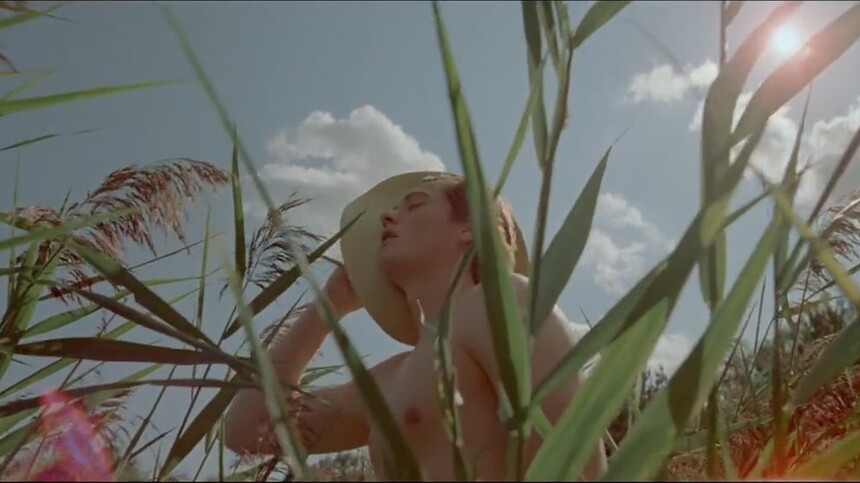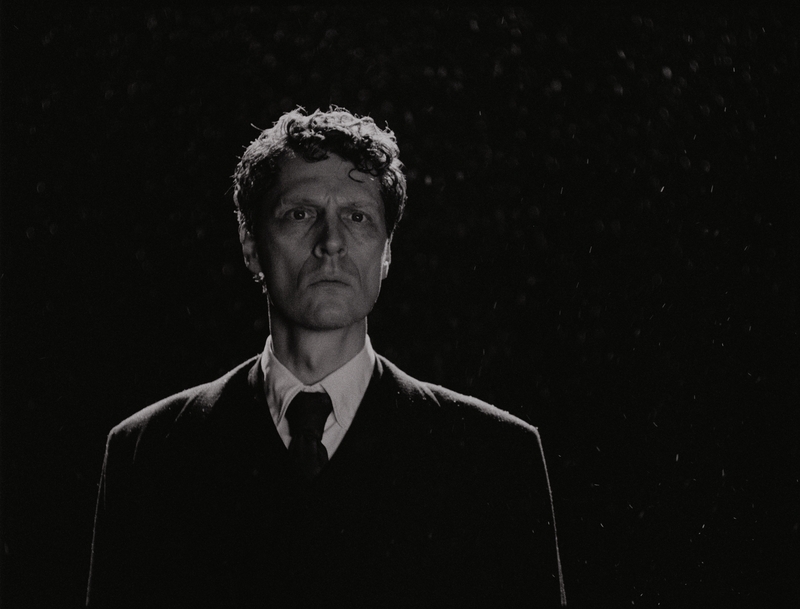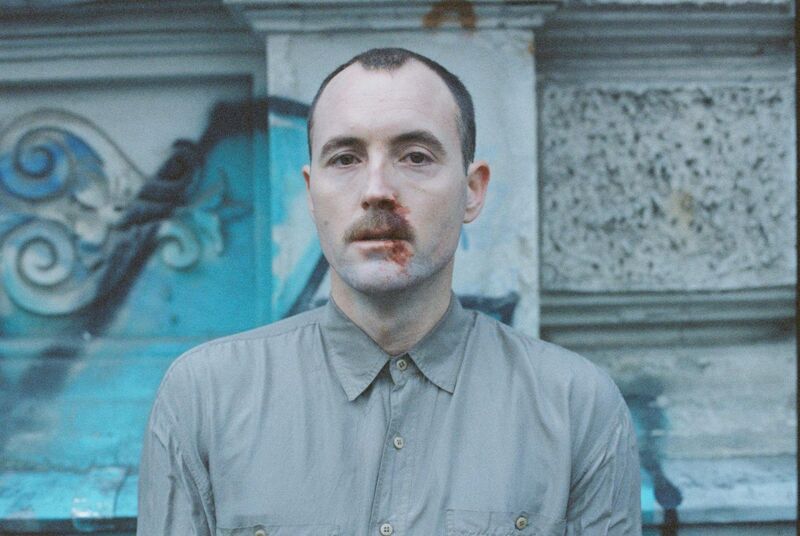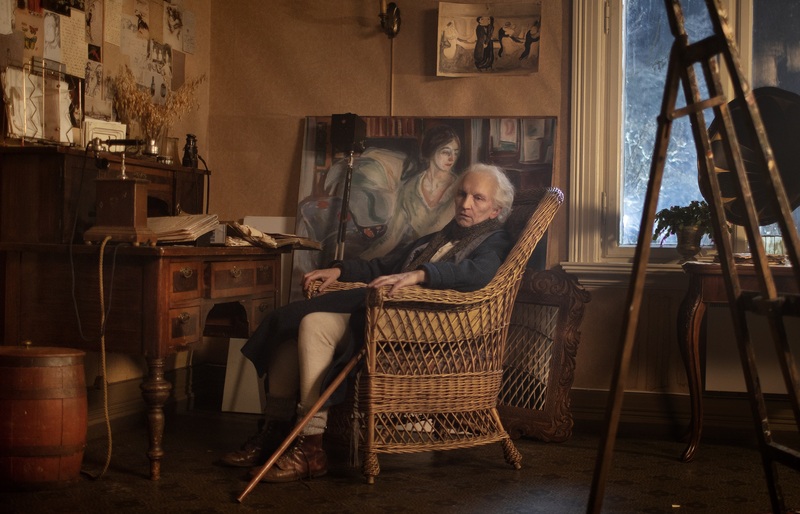Rotterdam 2023 Review: In MUNCH, Four Faces of Notorious Norwegian Artist Rotate

The life of one of the most notorious figures of 20th century modern art, Norwegian expressionist painter Edvard Munch, received a big-screen treatment in Peter Watkin's eponymous film, which was first screened at the 1976 Cannes Film Festival.
Nowadays, biopics are hot material; in some countries, biopics are among the most produced genres, as are a kind of native advertising for the country promoting its luminaries, especially in cases of state-funded productions.
Young Norwegian writer-director Henrik Martin Dahlsbakken, however, does not appear to nourish an ambition for a feature-length promotion of the country. On the contrary, he discloses his motivation as shining a light on the artist behind the well-known expressionist art.
One of the proofs for an "honest" biopic is an iconoclastic approach to the genre. While biopics have became almost religiously standardized, following the same formal and emotional formula, Dahlsbakken and his producers decided to go for a fragmentary narration.
Thus, Munch turns out to be a feature-length portmanteau film, with four interlocked episodes. A group of four writers handled each of the painter's most significant periods -- at the ages of 21, 29, 45 and 80 -- in a different style, and with a different actor portraying the titular protagonist.
The approach resembles Oskar Roehler's unconventional biopic Enfant Terrible, following the life and work of Rainer Werner Fassbinder, who espoused theatrical aesthetics to depict the "live fast, die young" ethos of the influential German director.
Dahlsbakken and writers Mattis Herman Nyquist, Fredrik Hoyer, Gine Cornelia Pedersen and Eivind Saether attempt to decipher the enigma of the artist in stand-alone vignettes. Two of the most intensive are from middle-age, when the hard-drinking Munch battled the assumed rise of schizophrenia that he feared he had inherited.
The second one is from the beginning of his career, when he started making a name for himself and was preparing an exhibition in Berlin, where he met Swedish luminary, writer August Strindberg, depicted here by the actress Lisa Carlehed.
The middle-age episode takes place in an institution where Munch chose to remain willingly, and engages in veering musings with his therapist. The black-and-white academy-ratio screen becomes adequate style for an artist peering into the abyss. He continues in abstract ruminations that his Freud-like therapist calls "an anxiety of genius".
The second most interesting vignette sees Munch living in Berlin and suffering very public, debilitating humiliation. The biographic date of this occurrence is 1892, however, director Dahlsbakken went boldly for early aughts Berlin, complete with cell phones and leather jackets. The episode has a Fassbinderian feel and is anachronistic by design.
The conceptual approach to depicting the artist's style instead of a literal portrayal makes the artist's inner, turbulent life more palpable, compared to unobstructed observation. Opting for a subjective perspective rather than a descriptive, outsider look makes Dahlsbakken's cinematic venture more intriguing.
The counterpoint to the two vignettes is the introductory chapter that charts young Munch's longing for his love object, Milly Thaulow. While reciprocation soon fails to materialize, Dahlsbakken utilizes the early heartbreak -- the artist remained a bachelor his entire life -- as a framing device for Munch's fate as a tortured genius.
The final episode catches the 80-year old painter in Nazi-occupied Norway, living a hermit's life in a mansion stacked with his works. Munch is portrayed by actress Anne V Krigsvoll.
Dahlsbakken did not lay out the four episodes in chronological fashion. The narrative jumps from one vignette to another, rotating seemingly in an arbitrary fashion. However, they inform each other and create augmented context for one another, open to interpretation, except for the heartbreak motif.
Even though Munch does not demask the enigma behind the Expressionist classics, the film demonstrates an imaginative approach to the biopic genre, and how ideas and sensorial depictions channel the personality better than recapitulation of facts. (Facts are in the film, though not in an encyclopaedic volume). In a more general sense, Munch is a marriage of convenience between arthouse aesthetics and a mainstream story.
The film enjoyed its world premiere at International Film Festival Rotterdam 2023. Juno Films will handle North American distribution.
Munch
Director(s)
- Henrik Martin Dahlsbakken
Writer(s)
- Henrik Martin Dahlsbakken
- Fredrik Høyer
- Mattis Herman Nyquist
Cast
- Alfred Ekker Strande
- Mattis Herman Nyquist
- Ola G. Furuseth










